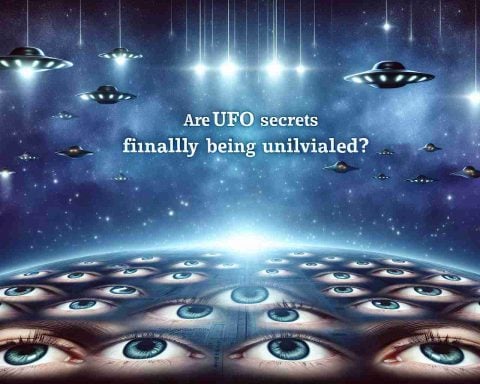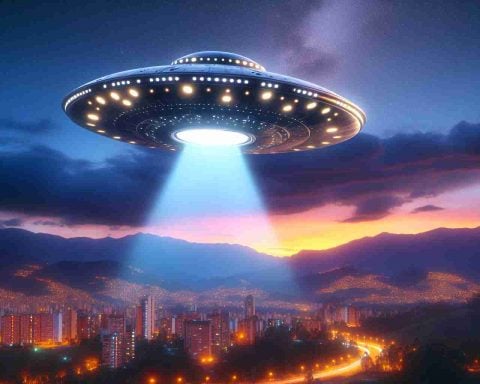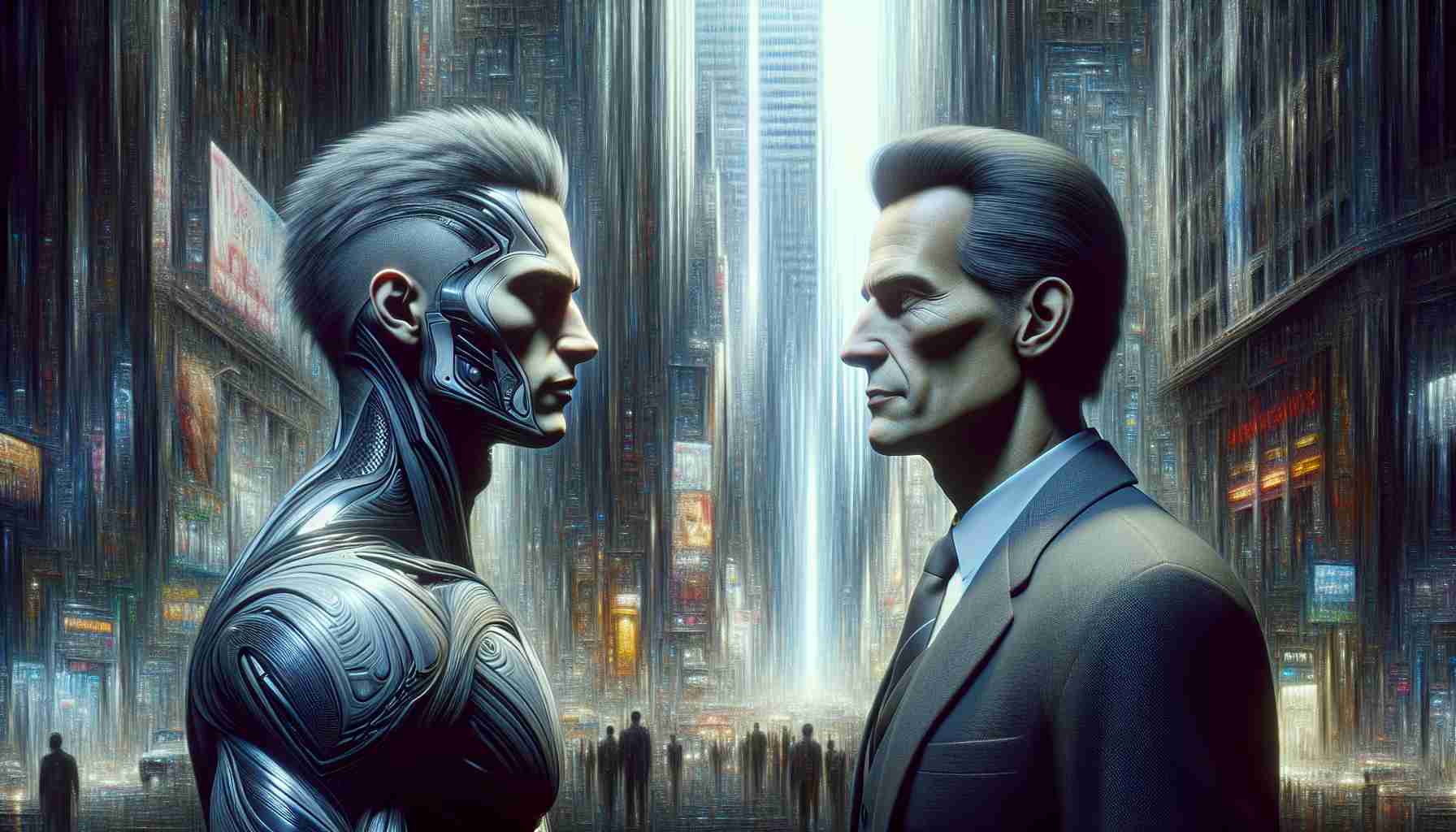- Thirty percent of Spaniards believe extraterrestrial visitors have been to Earth, reflecting diverse modern beliefs.
- An equal percentage trusts astrology as a life guide, while nearly a quarter believe in spirit communication.
- Superstitions, such as fear of the number 13, remain prevalent in Spanish society.
- Despite these beliefs, more than two-thirds of Spaniards trust scientific expertise to uncover life’s mysteries.
- Approximately half of the population believes in a deity, but fewer adhere to traditional religious doctrines.
- Many integrate alternative practices, like homeopathy, with mainstream medicine.
- Overall, these beliefs highlight the boundless nature of human curiosity and the quest for understanding.
Spaniards are embracing the extraordinary with each new headline and whispered conversation. Picture a bustling café in Madrid, where every third person believes extraterrestrial visitors have already roamed our blue planet. This intriguing slice of Spanish society holds space for views that might shock some and delight others, reflecting a captivating tapestry of modern belief systems.
The findings of a recent survey reveal more than just a penchant for the unusual. While thirty percent of Spaniards are convinced that aliens have made contact, an equal number find comfort in the stars, trusting astrology as a guide through life’s unpredictable journey. Spirits and centuries-old superstitions keep a firm grip on the national imagination, with nearly a quarter of the population believing in spirit communication and many still wary of cursed numbers like 13.
Despite these extraordinary beliefs, trust in science remains robust. More than two-thirds of Spaniards lean on the expertise of scientists to unravel the mysteries of our world, hopeful that future discoveries will bridge the gap between the known and the unknown. Yet, skepticism endures in pockets where faith and certain ideological views hold sway.
The delicate dance between science and religion presents a fascinating dynamic. While almost half of the Spanish populace believe in a deity, far fewer subscribe to conventional religious doctrines like sin or miracles. Interestingly, many balance traditional beliefs with alternative practices, exploring homeopathy and reflexology alongside mainstream medicine.
As intriguing as conspiracy theories may be, these patterns of belief emphasize a universal truth: the human quest for understanding is as boundless as the cosmos itself. Whether you look to the stars, the past, or the latest scientific journal, the take-home message is clear—curiosity transcends boundaries. What does your universe entail?
Unlocking the Spanish Psyche: Alien Beliefs and Modern Spirituality
Exploring Spain’s Curious Blend of Beliefs
Spain, a nation rich in culture and history, is experiencing a fascinating interplay of beliefs that blend the mystical with the scientific. Recent surveys have unearthed some surprising insights into the Spanish psyche, illustrating how modern Spaniards navigate their understanding of the universe. Let’s delve into additional verified information that paints a broader picture of this intricate tapestry of beliefs.
How Widespread Are Beliefs in Aliens and Astrology?
The idea that 30% of Spaniards believe aliens have already visited Earth aligns with a broader global curiosity about extraterrestrial life. This interest is echoed in various international surveys indicating that a significant portion of the world’s population is open to the idea of alien contact. Such beliefs often correlate with heightened interest in science fiction genres, capturing the imaginations of millions.
Astrology, embraced by another third of Spaniards, aligns with a resurgence of interest in “new age” spirituality. Astrology apps and online horoscopes have seen a global rise, largely driven by young adults looking for guidance in uncertain times. This trend indicates a shift towards personalized spirituality, which blends ancient beliefs with modern technology.
The Science-Religion Dichotomy
While the survey hints at a balancing act between science and spirituality, it is essential to consider the societal factors at play. Trust in science is still robust, with more than two-thirds of Spaniards relying on scientific advancements to solve world problems. Research from the Pew Research Center supports this trust in science, indicating a global trend towards valuing empirical evidence.
However, the dynamic between science and traditional religion is complex. In Spain, where Catholic heritage is influential, spiritual practices such as homeopathy and reflexology are often woven into conventional faith practices. This could be linked to a broader global trend observed in countries with rich religious histories, where people often blend dogma with contemporary spiritual practices to navigate modern life’s uncertainties.
The Role of Superstition and Spirits
Superstitions and belief in spirit communication continue to play a significant role in Spanish culture, resonating with other Mediterranean countries. These beliefs can be traced back to historical influences, such as ancient folklore and the impact of the Catholic Church, which has historically interpreted supernatural events in religious contexts. Such cultural markers illustrate how history and tradition continue to impact modern belief systems.
Implications for Technology and Society
The interaction between technology and spirituality opens new avenues for exploration. As neural networks and AI grow more sophisticated, they might offer new platforms for exploring these age-old questions. Future technologies could facilitate deeper understanding by creating simulations or platforms for exploring both scientific and mystical paradigms.
Related Links
– PEW Research Center
– NASA
– National Geographic
Conclusion
Spain’s tapestry of beliefs—ranging from aliens and astrology to science and spirituality—illustrates a microcosm of global trends. These interactions provide a rich field for sociologists and scientists alike to explore how human belief systems evolve and adapt in response to technological and cultural changes. Ultimately, the Spanish embrace of diverse beliefs underscores a universal truth: the boundless nature of human curiosity.


















